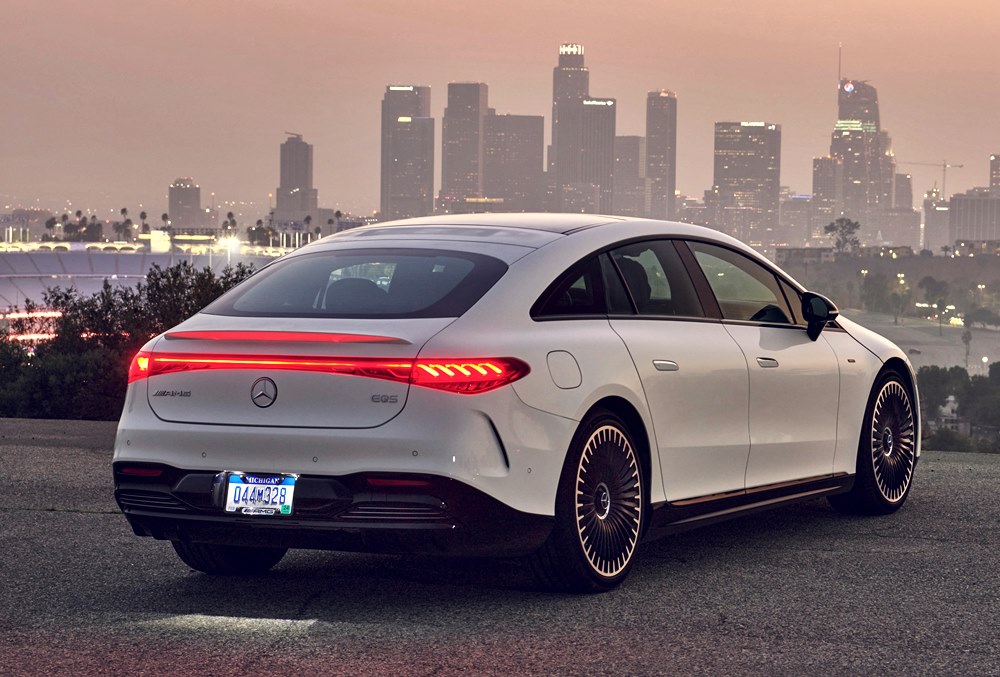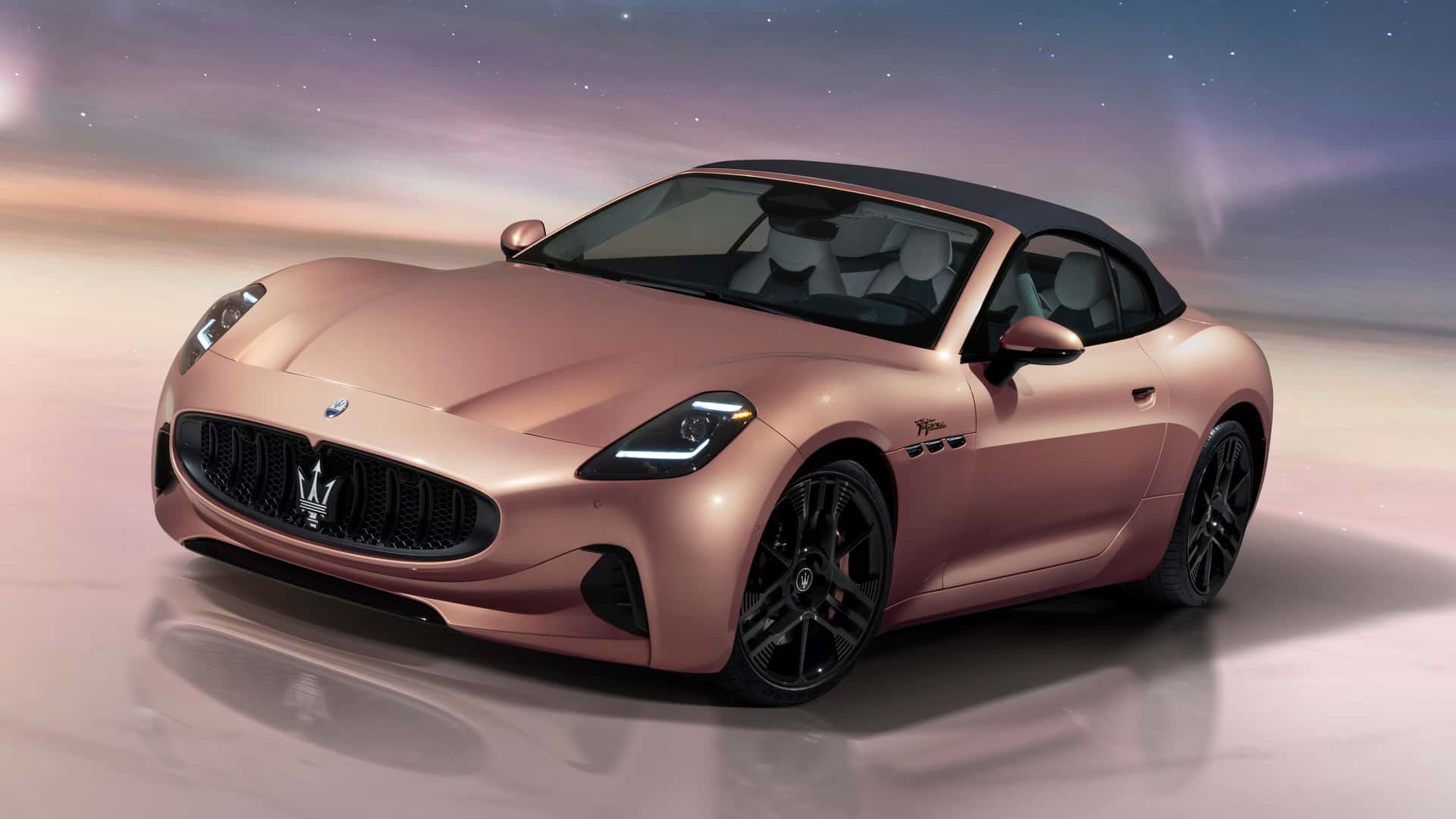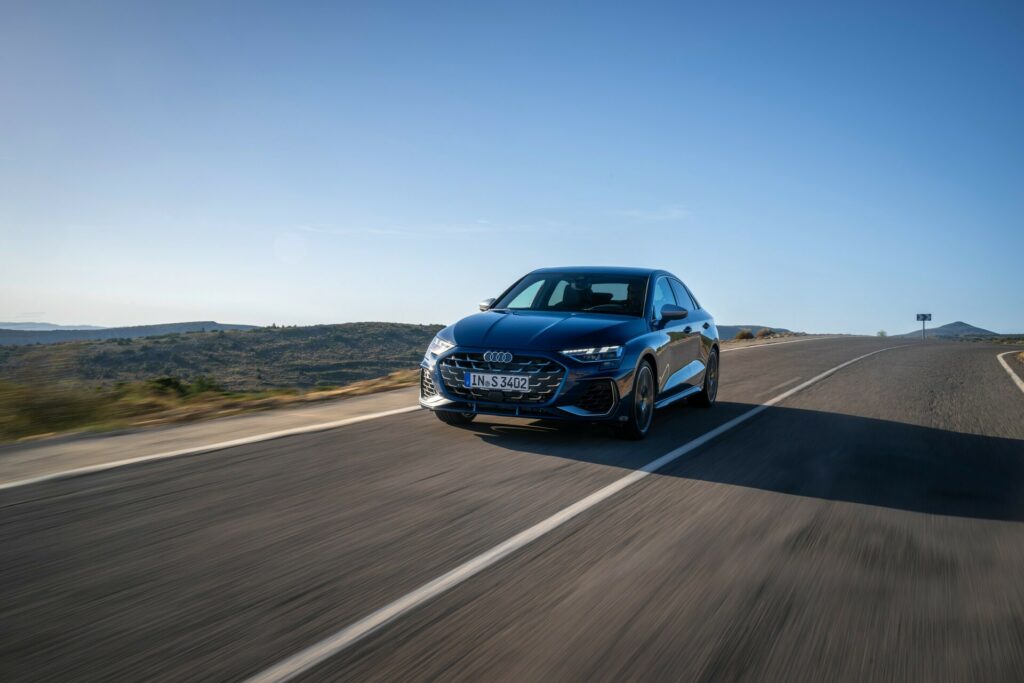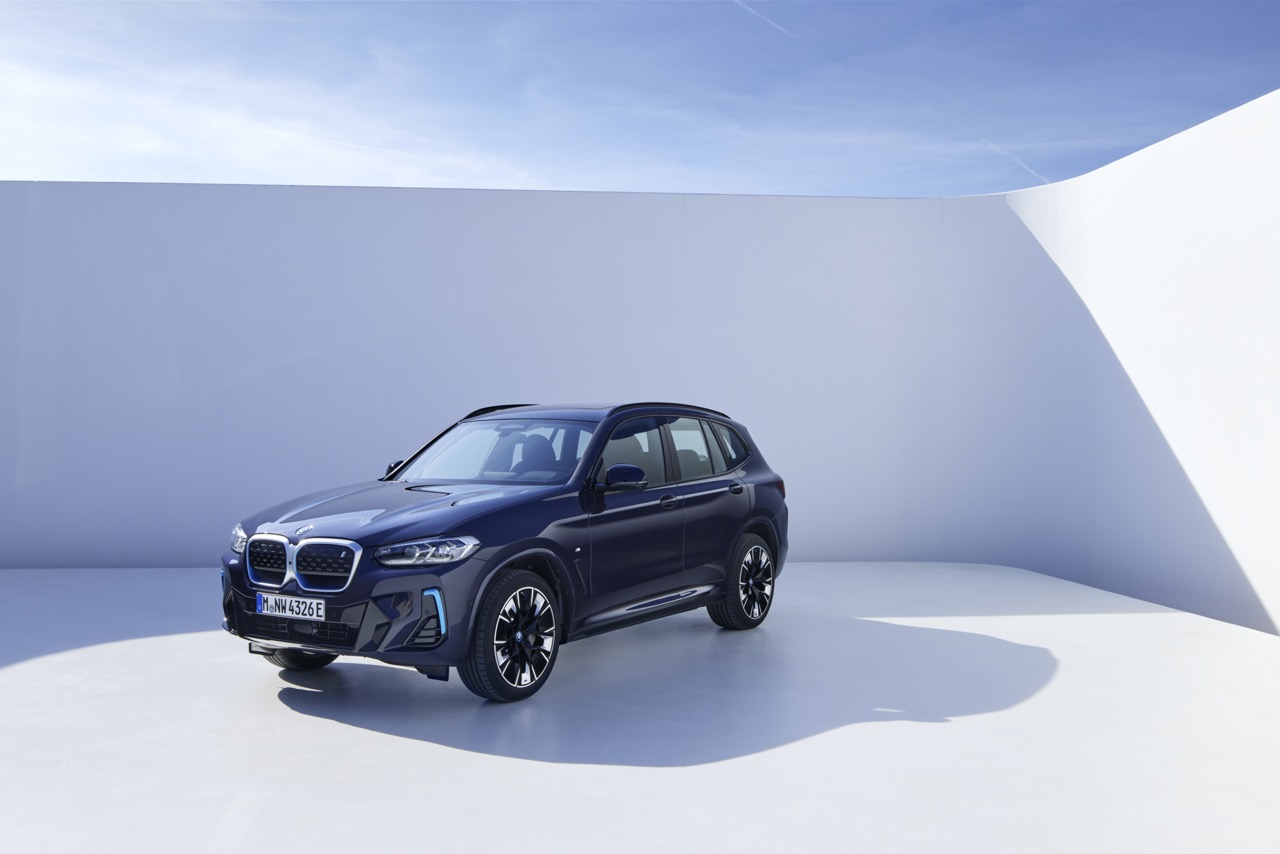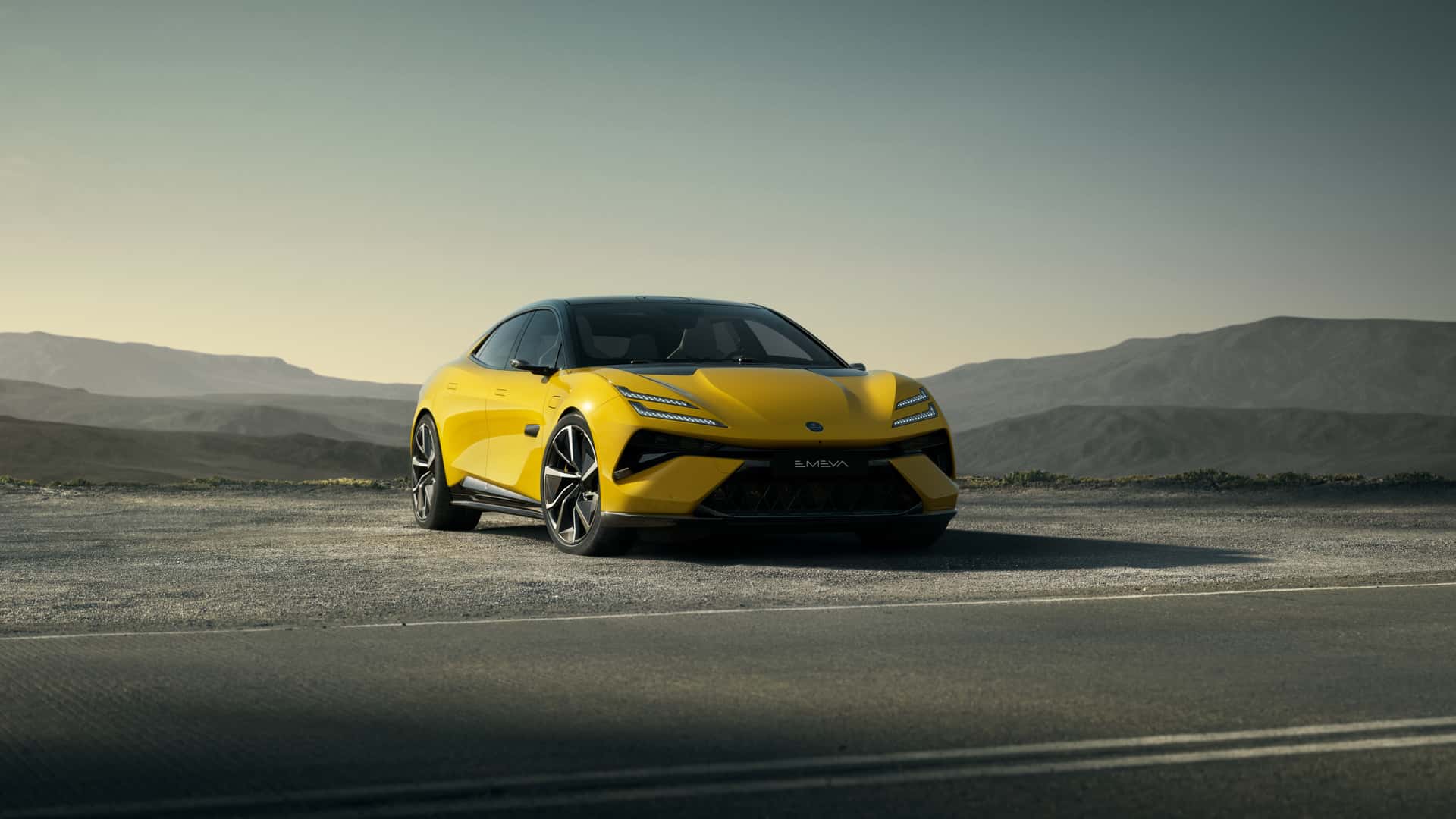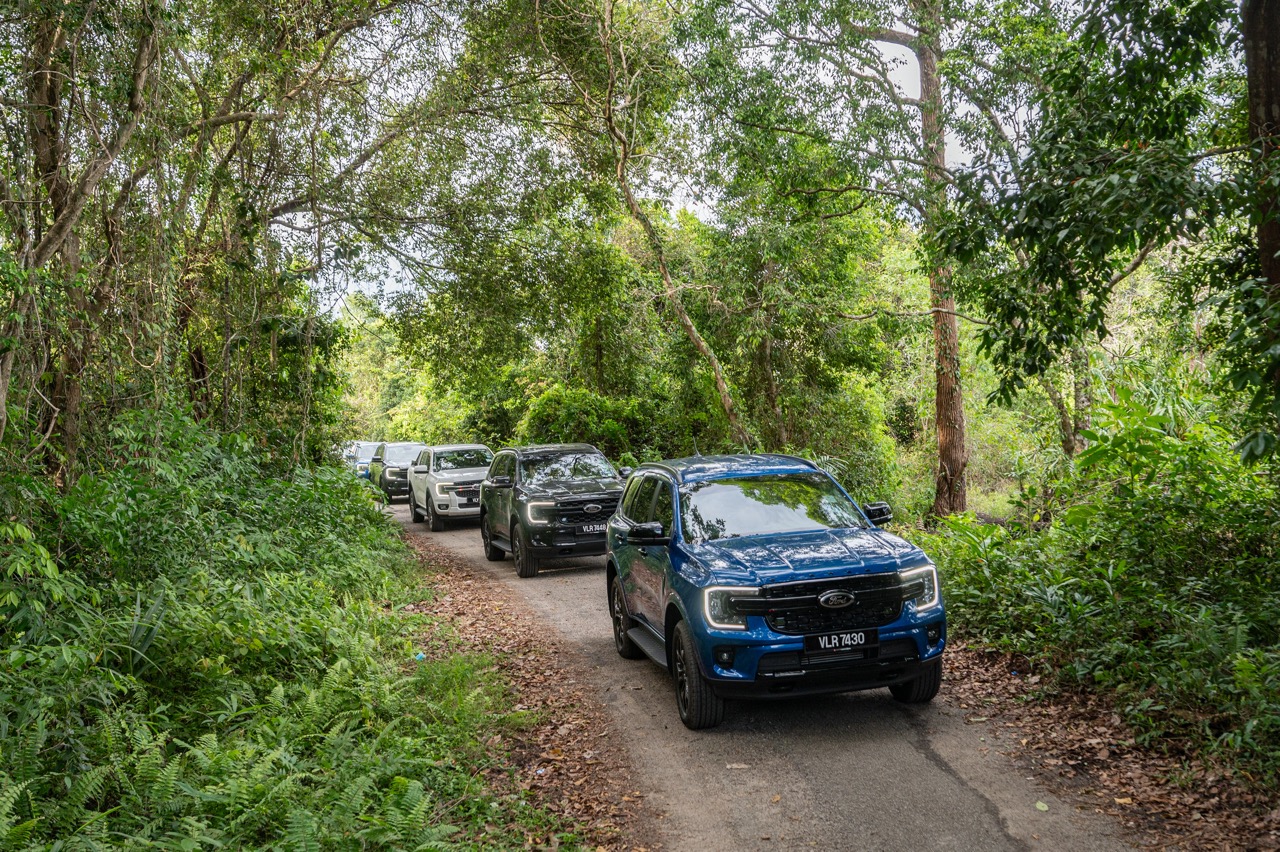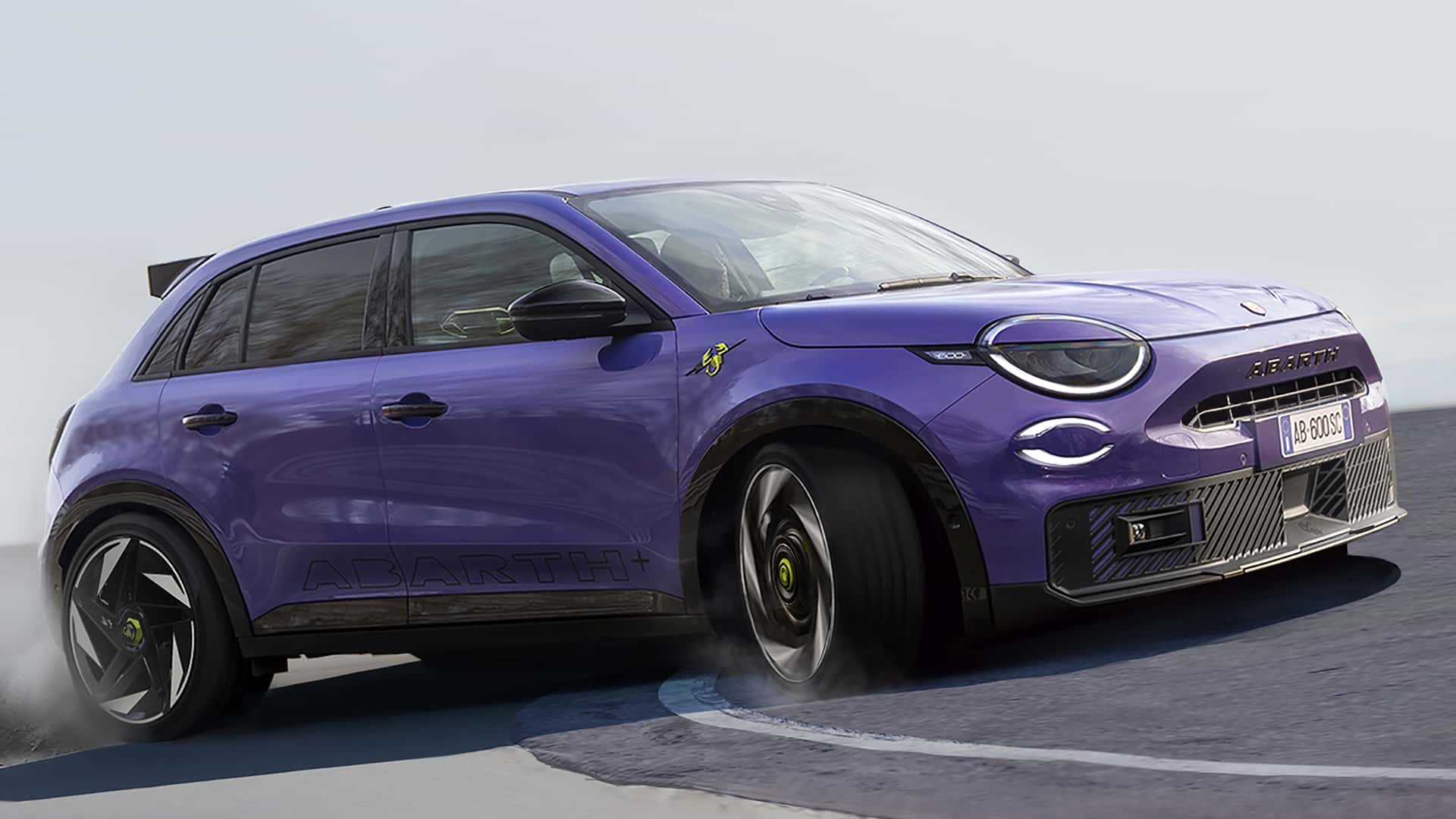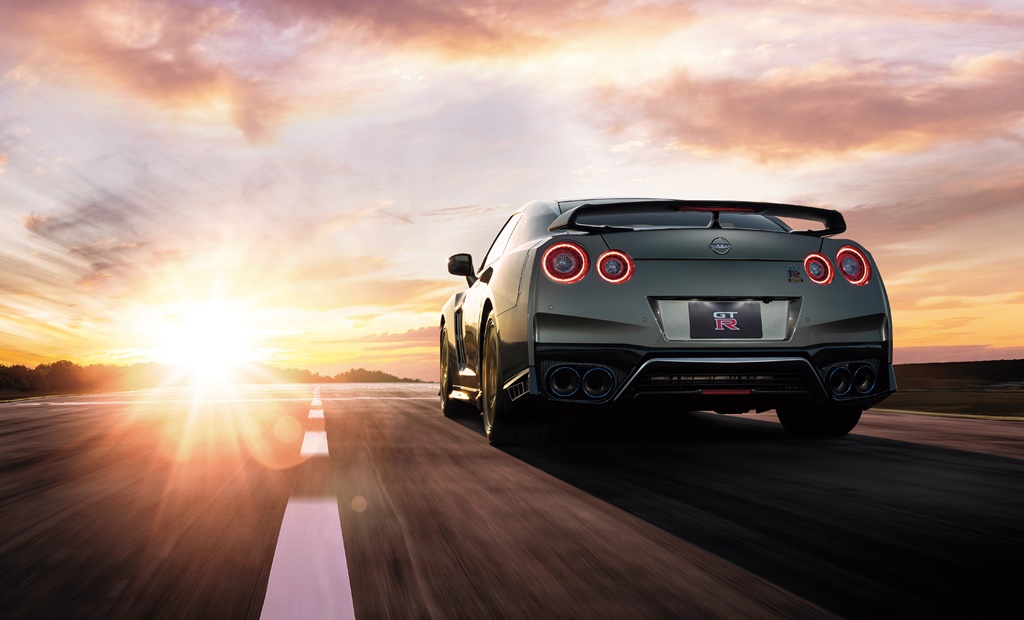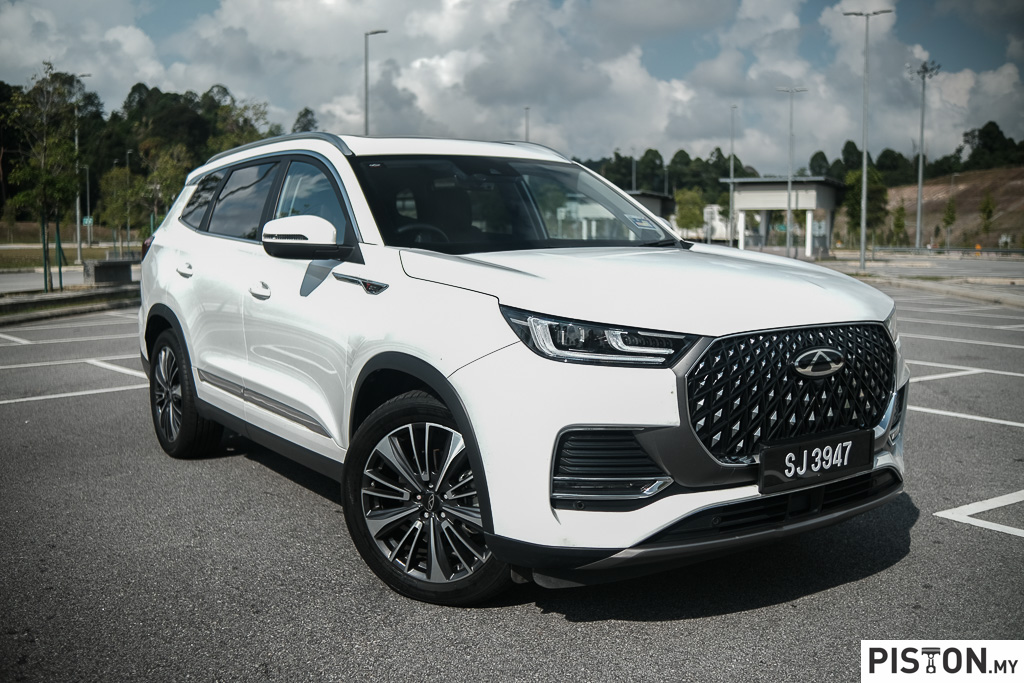Mercedes-Benz has delayed a short-term objective on its path to becoming a full fledged electric vehicle producer. It specifically refers to the goal established almost two years ago that by 2025, sales of electric and plug-in hybrid vehicles should make up 50% of all vehicle sales.
By the middle of the decade, the manufacturer hopes to continue achieving this interim objective; however, according to Mercedes CEO Ola Källenius at the group’s annual general meeting on Wednesday, “the middle of the decade means 2026.” Mercedes-Benz is delaying the milestone by at least a year as a result.
This 50% intermediate goal was also set when Mercedes switched its plan from “Electric first” to “Electric only” in July 2021. At the time, it stated: “Today’s confirmation of these targets is based on the following assumptions: a market scenario in which electric vehicles will essentially replace the internal combustion engine by the end of the decade and a significantly higher xEV share of 50% in 2025.” Mercedes groups BEV and PHEV under the moniker “xEV”; the group has previously halted the FCEV programme.
According to reports, the reason for the postponement includes, among other things, plug-in hybrid sales statistics. Hybrid-electric vehicles still accounted for just under 63% of xEV sales in 2022. The number of Mercedes EQ BEVs is consequently smaller, but the 117,800 BEVs also include electric Smarts, so the PHEV share for the Mercedes brand is still slightly greater. Mercedes strategists believe the interim aim is in peril because PHEV sales fell by 14% in the first quarter of 2023 and the situation is unlikely to improve (in part because the environmental bonus subsidy for plug-in hybrids in Germany has ended).

However, sales of battery-electric vehicles have also fallen short of forecasts. Mercedes had to dramatically decrease the pricing of the EQS and EQE in China in order to boost sales, which is likely to have an impact on revenue and profitability. Additionally, there are worries that Ola Källenius’ luxury strategy would suffer reputational harm.
Additionally, sales of models like the EQC are much behind expectations. Mercedes has only been able to sell 64,000 units of the first EQ model since its market launch in 2019, according to figures from data service provider Marklines, as reported by the German business daily Handelsblatt. According to group insiders, such sales figures were planned annually rather than throughout the life cycle. During the second quarter of 2023, Bremen will stop producing the EQC.
However, the ambition to become all electric by the end of the decade remains, subject to “wherever market conditions permit” and notwithstanding the postponing of the interim goal to 2026. However, the business is probably going to take advantage of the opening that Mercedes left when it declared its intention in 202.
According to Handelsblatt, the modification for the M176 V8 engine is a sign that Mercedes would continue using some combustion types in China and the US well until 2030.


